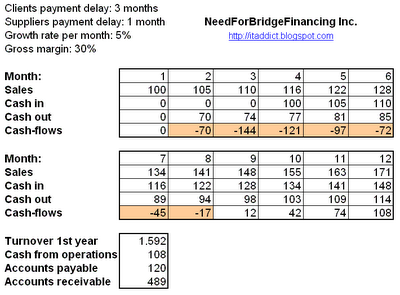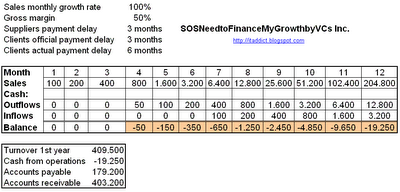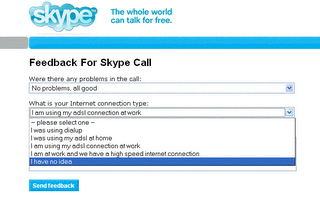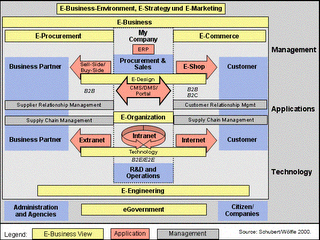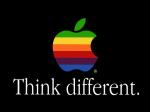Too often do I hear that France lacks a Silicon Valley.
Last occurence: I recently exchanged a few e-mails with
blogger Hadrien Simon, also a member of
AFIDORA.
In one of these e-mails, Hadrien harshly criticized France for fostering local innovation centers rather than backing the creation of a true Silicon Valley.
There are many actually many innovation parks in France (Rennes in telcos, Lyon in software and video games, Grenoble in semi-conductors, Toulouse in aeronautics and biotech, Bordeaux in structure mechanics modelling, Lille in retail information systems, Metz, Montpellier, etc.). But the technological innovation clusters landscape is by far dominated by French Riviera´s Sophia Antipolis, near Nice, which ranks #2, and, quite unsurprisingly, Paris and its South West outskirts as the leading technology innovation center in France.

South West Paris (between highways A6 and A14 on the map, broadly speaking) concentrates everything that´s needed to foster and encourage innovation.
There are plenty of research centers in leading engineering universities such as Ecole Polytechnique in Palaiseau, Ecole Centrale Paris in Châtenay-Malabry, SupOptique, Supélec, all-mighty University of Paris-XI in Orsay, University of Sceaux near Versailles, National Institute of Agronomy in Grignon, National Telecommunications Institute in Evry, Pharmacy Academy in Châtenay-Malabry, and I´m probably missing a few. The business University I study in, HEC Paris, is also headquartered in the area, 5 minutes away by car from National Institute of Agronomy, Ecole Polytechnique, Supélec & SupOptique (the latter & Polytechnique share a campus).
Many, many, many global corporations are based in the area (in Versailles, Issy-les-Moulineaux, Boulogne-Billancourt, Vélizy Villacoublay, Buc, Saint-Cloud, etc.). To name a few: CISCO, Alcatel-Lucent, Bouygues, GE Healthcare, Thalès, Nissan-Renault´s Technology Center, EADS Astrium, etc. etc. etc. Microsoft and Apple are not so far away (head North 20 minutes to department 91 taking A86).
Financial Center La Défense is pretty close, and providing that most Venture Capital firms are located in the 8th district of Paris,
according to the corporate blog of fundraising boutique Chausson Finance, the "1-hour driving rule" is well-respected, even under the worst traffic conditions.
South West Paris has it all. We´re talking here about the highest brain concentration in Europe.
But true, Paris´s no Silicon Valley, and conversely. How could the Silicon Valley ever be replicated in any other place than..the actual Silicon Valley? It´s just impossible.
Say you´re a CEO: do you really want to become Jack Welch or would you rather learn his methods from some legacy he left (be N.1 or 2; leadership training; Six Sigma; was going over best executive profils himself saying "It´s my job"; etc.)? Anyways, had you wanted to become Jack Welch, this would´ve been impossible! The logics applies to innovation clusters too: no place anywhere in the world will ever be able to become another Silicon Valley. There is just one Silicon Valley and it´s in US California, 1 hour driving North from San Francisco, around Stanford University´s home city Palo Alto.
I believe Paul Graham, an essayist and programmer, is mistaking when writing an irrational though brillant article
entitled
"How to be Silicon Valley". However, I think Paul Graham´s
"Why startups condense in America" is far more relevant. The Silicon Valley model should be studied, understood, digested, and reinvented according to the specificities of a targeted location where human & financial capital are available as much as the political brave willingness to ease Schumpeterian creative destruction.
I should wind up stating that territories should focus on attracting and retaining capital, both humain and financial. In today´s globalizing, everyday flatter world, everything moves, flies and flows apart from geography. Ensuring and promoting the global competitivity of regional territories is, according to Bill Clinton´s economic advisor and Harvard Professor Robert B. Reich (see a book that changed my life,
The Work of Nations: Preparing Ourselves for the 21st Century Capitalism), the single mission-statement political leaders of all sorts should be obsessed by. Hummm..such a long way to go.
 This week-end I came to know (thank you Mathias) about the existence of a really useful German website: Mitfahrerzentrale.
This week-end I came to know (thank you Mathias) about the existence of a really useful German website: Mitfahrerzentrale.





